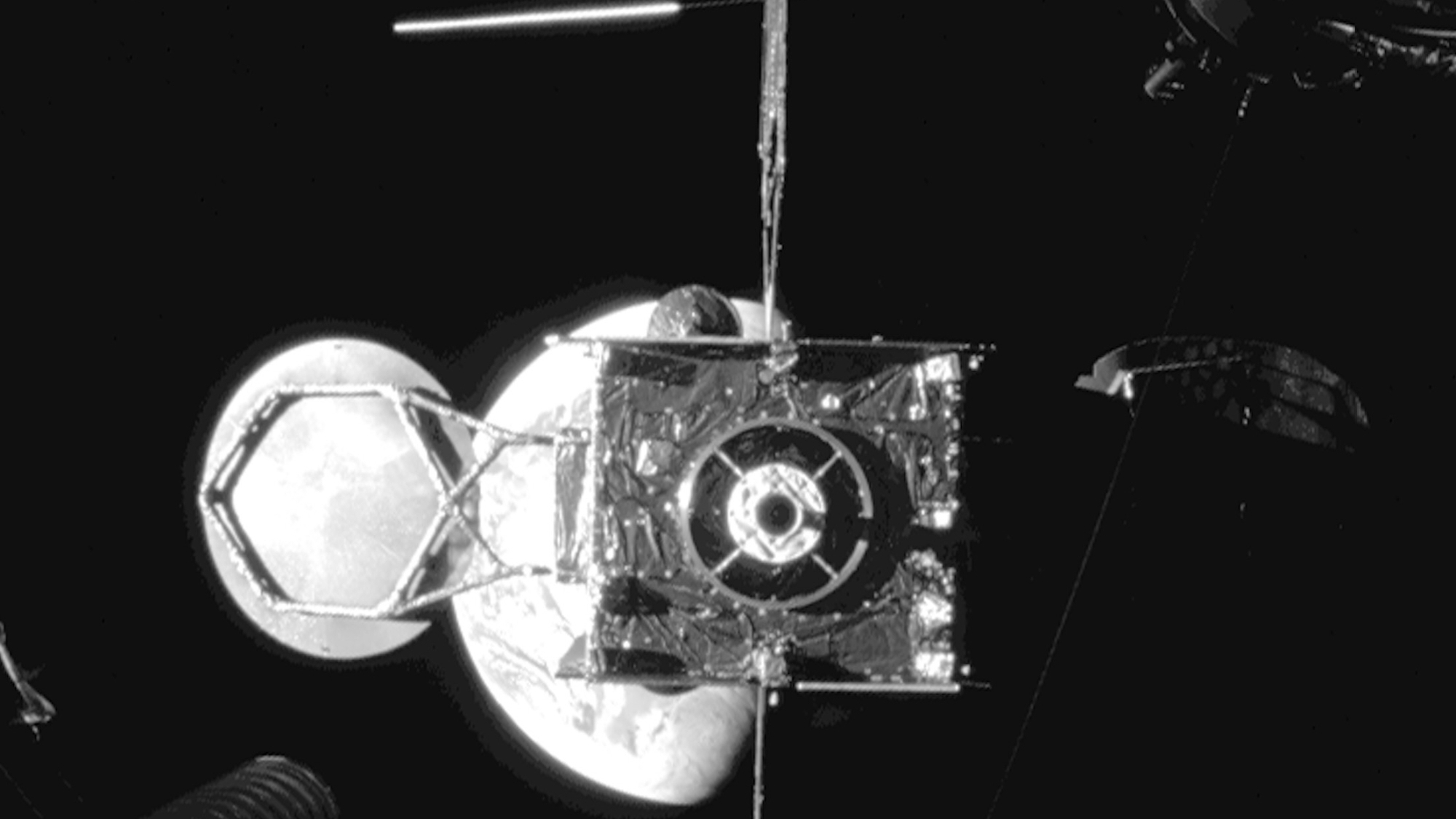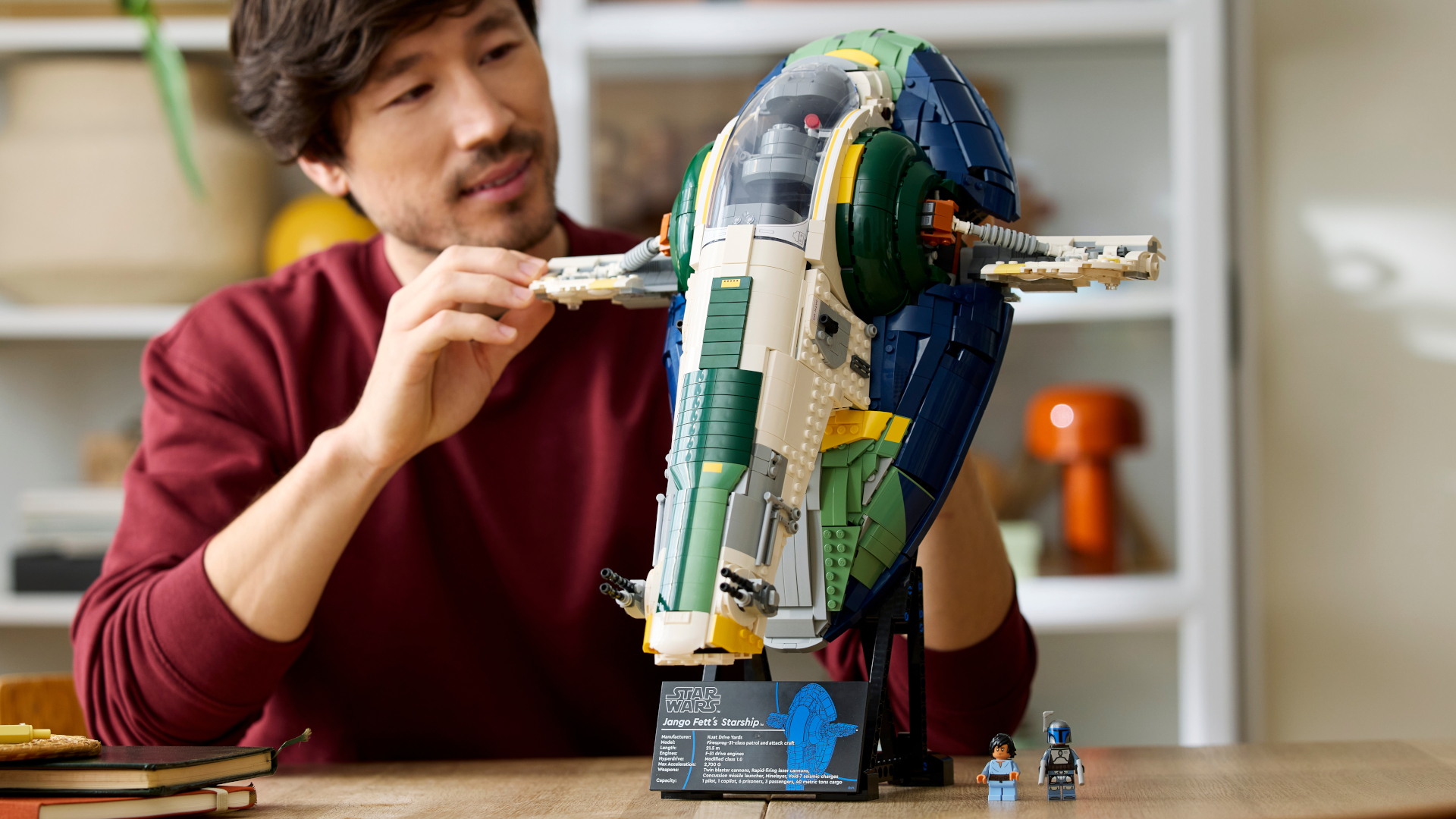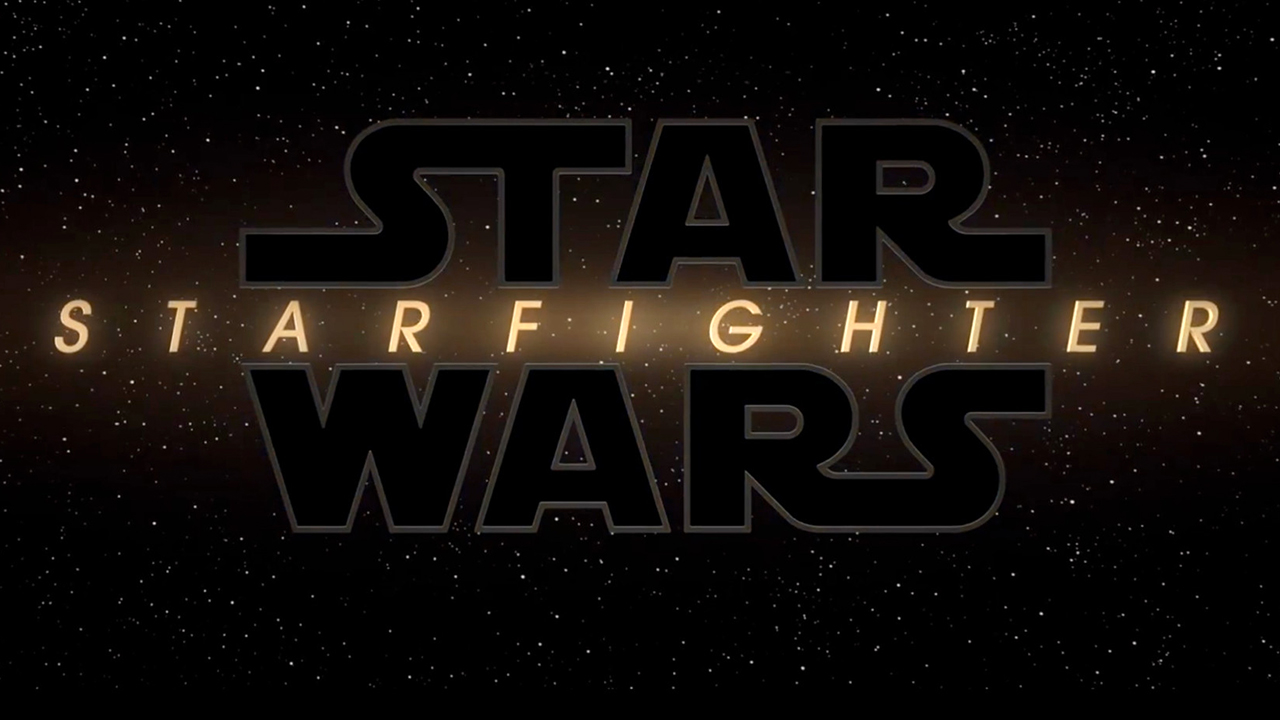Russia Launches Robot Cargo Ship to Space Station
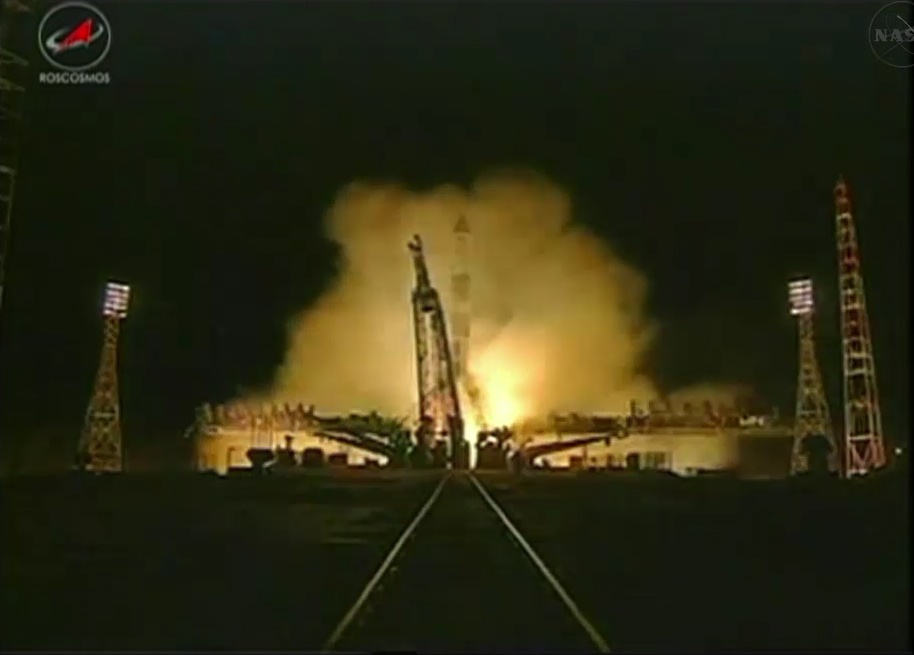
A new robotic Russian space freighter launched into orbit Wednesday (Jan. 25) hauling tons of food and equipment for the crew of the International Space Station.
The unmanned cargo ship Progress 46 soared spaceward atop a Soyuz rocket from the Central Asian spaceport of Baikonur Cosmodrome in Kazakhstan. Liftoff occurred at 6:06 p.m. EST (2306 GMT), though it was early Thursday at the launch site, marking Russia's first space mission of the year.
"Progress 46 successfully delivered to orbit … it is en route to the International Space Station," said NASA spokesman Rob Navias during launch commentary. Navias said it was a "flawless" launch by Russia's Federal Space Agency.
The Progress 46 spacecraft is due to arrive at the space station on Friday to deliver about 2.9 tons of cargo to the outpost's six-man crew. The space station is currently home to three Russians, two Americans and a Dutch astronaut.
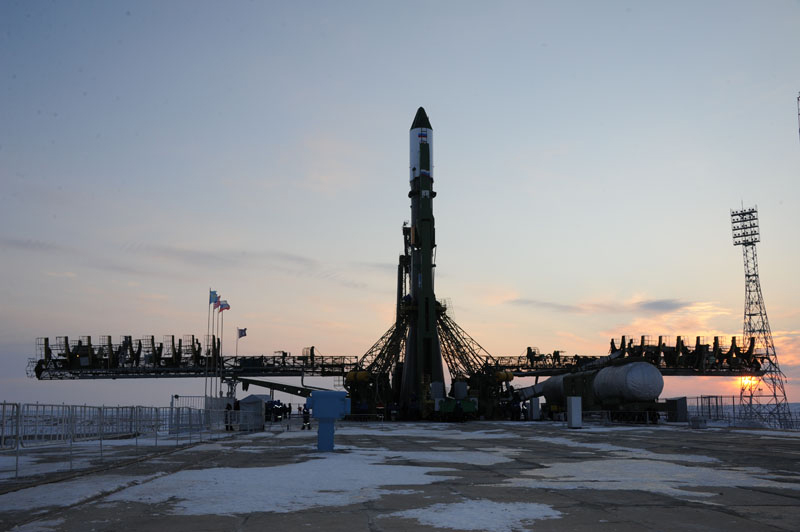
Progress 46, or vehicle M-14M as it is known in Russia, is the first of several spacecraft to visit the International Space Station this year. It is packed with 2,050 pounds (930 kilograms) of fuel, 110 pounds (50 kg) of oxygen and air, 926 pounds (420 kg) of water and 2,778 pounds (1,260 kg) of spare parts and experiment gear, NASA officials have said.
Russia's Progress 24-foot (7.3-meter) spacecraft are disposable vehicles that resemble the three-module design of the country's crewed Soyuz space capsules. But Progress vehicles replace the central crew capsule of the Soyuz with a propellant storage module. At the end of their missions, Progress spacecraft are commanded to destroy themselves by burning up in Earth's atmosphere. [Infographic: How Russia's Progress Spaceships Work]
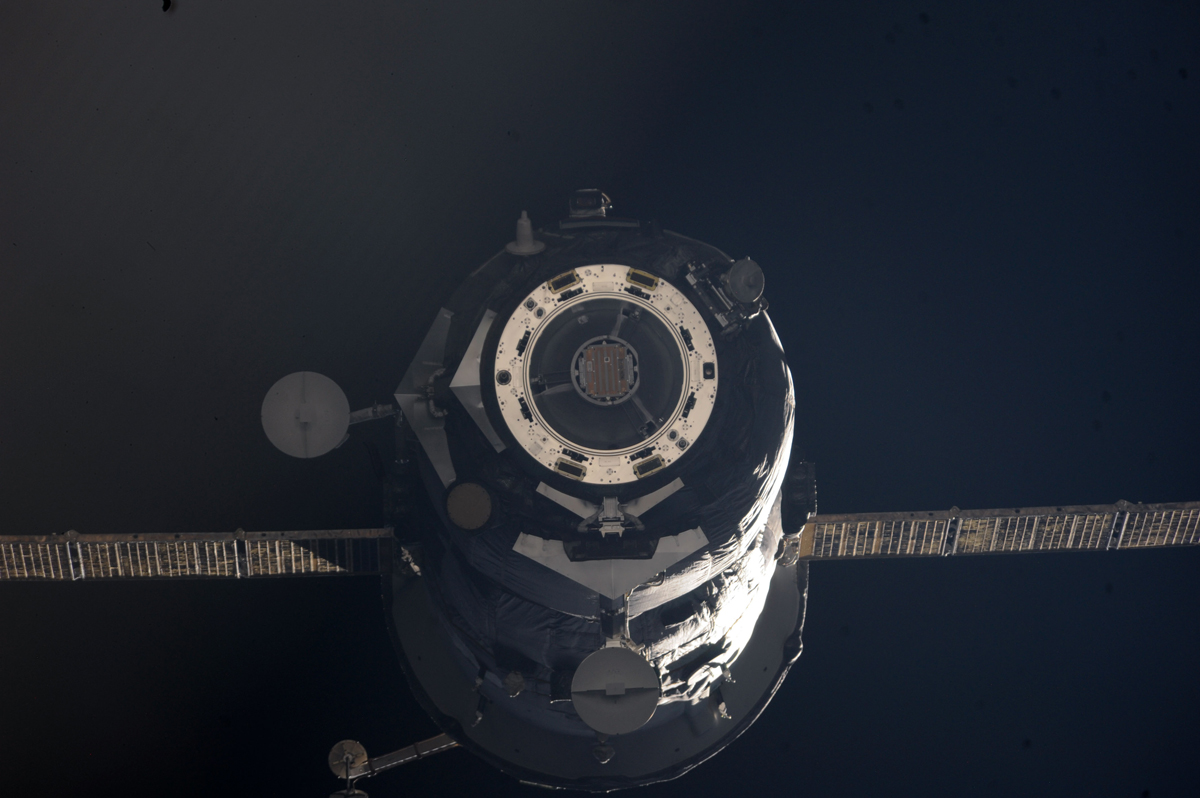
The launch of Progress 46 comes just two days after the departure of an older cargo ship, Progress 45, from the space station. The Progress 45 spacecraft undocked from the orbiting lab on Monday (Jan. 23) and was disposed of in Earth's atmosphere a day later.
Get the Space.com Newsletter
Breaking space news, the latest updates on rocket launches, skywatching events and more!
Before Progress 45 burned up on Tuesday it deployed a novel miniature satellite called Chibis-M. The 88-pound (40-kg) microsatellite was released in an orbit that is slight higher than that of the International Space Station. It is expected to spend several years studying how plasma waves interact with Earth's ionosphere, NASA officials said.
The next big departure at the International Space Station will come on March 16, when the outpost's current commander — NASA astronaut Daniel Burbank — and two crewmates are due to return to Earth. They will be replaced by a fresh three-person team slated to launch aboard a Soyuz spacecraft on March 30.
With the retirement of NASA's space shuttle fleet in 2011, Russia's Soyuz spacecraft are the only vehicles currently capable of ferrying astronauts to and from low-Earth orbit. In addition to Russia's Progress vehicles, robotic cargo ships built by the space agencies of Japan and Europe also help keep the space station supplied.
NASA currently plans to rely on private U.S.-built cargo ships to resupply the space station. The first of those commercial space freighters are slated to launch in late March. The U.S. space agency is also relying on new privately built spacecraft to transport astronauts to and from the orbiting lab.
You can follow Tariq Malik on Twitter @tariqjmalik. Follow SPACE.com for the latest in space science and exploration news on Twitter @Spacedotcom and on Facebook.
Join our Space Forums to keep talking space on the latest missions, night sky and more! And if you have a news tip, correction or comment, let us know at: community@space.com.

Tariq is the Editor-in-Chief of Space.com and joined the team in 2001, first as an intern and staff writer, and later as an editor. He covers human spaceflight, exploration and space science, as well as skywatching and entertainment. He became Space.com's Managing Editor in 2009 and Editor-in-Chief in 2019. Before joining Space.com, Tariq was a staff reporter for The Los Angeles Times covering education and city beats in La Habra, Fullerton and Huntington Beach. In October 2022, Tariq received the Harry Kolcum Award for excellence in space reporting from the National Space Club Florida Committee. He is also an Eagle Scout (yes, he has the Space Exploration merit badge) and went to Space Camp four times as a kid and a fifth time as an adult. He has journalism degrees from the University of Southern California and New York University. You can find Tariq at Space.com and as the co-host to the This Week In Space podcast with space historian Rod Pyle on the TWiT network. To see his latest project, you can follow Tariq on Twitter @tariqjmalik.







